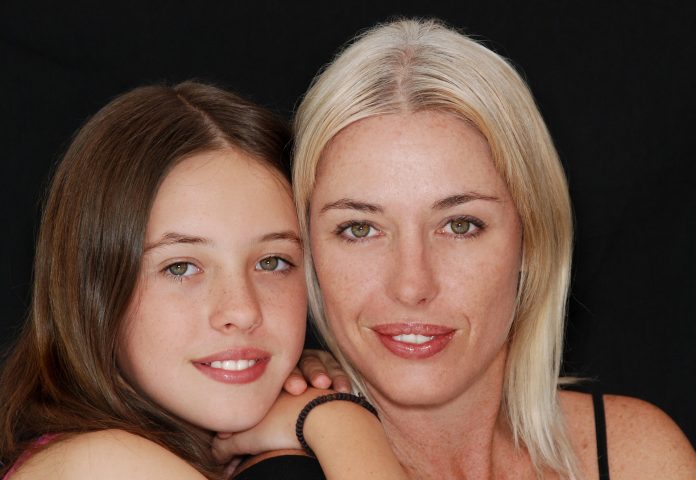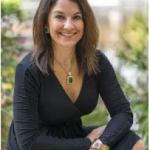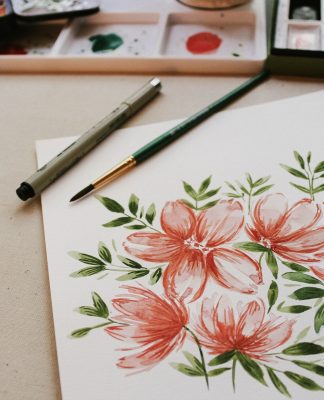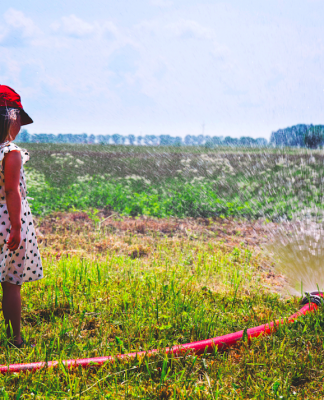I have worked with numerous families through the years, especially families of tweens and teens. If I never heard the following phrase again, especially coming from a mother or father of a teenager, I’d die one happy therapist:
“We’re best friends.”
Being your child’s “best friend” places a burden on your child, and blurs the lines between disciplinarian and buddy.
– Your children don’t need to know if you haven’t received your child support money this month;
– Your children don’t need to know the intricacies about your dating life;
– Your children don’t need to know the nitty gritty details about your divorce;
– Your children don’t want to smoke pot or drink with you and/or your friends;
– Your children don’t need to know all about the fights between you and Uncle Bubba/your co-worker/etc;
– Your children don’t need to know about your boss’s affair or drug problem.
I’m not saying to shield your children from the realities of life and to pretend everything is all sunshine and rainbows. That’s not what I’m saying at all. I just want parents to consider the conversations that they have with their children, and the over-sharing that is so often recounted to me in my clinic by these youngsters. If it’s something that you think you would tell your best buddy on the golf course or your girlfriends over dinner then you might want to reconsider. There’s a marked difference between telling a 13-year-old that Aunt Sue and Uncle Joe are getting divorced, or telling him that Aunt Sue was sleeping with the neighbor and got caught.
Being a best friend one minute, then a disciplinarian the next can cause confusion and resentment, especially with a teenager. The teenage brain is in a constant state of development. The frontal cortex, which is the area of the brain that controls reasoning and helps a person think before they act, is still changing and maturing. Trying to be a best friend and a parent too often muddies these waters, and teenagers aren’t quite ready to handle this.
I remember seeing a client who told me every session how her teenage daughter was her “best friend.” This client had a substance use issue, and as a result, her daughter didn’t live with her on a day to day basis. While I never met her daughter, I could infer from many things the client told me that she often burdened her daughter with her own problems and issues.
Of course, I’m not denouncing the importance of a close and intimate bond with your children. To me, children, and teenagers especially, are constantly growing and developing their emotional bonds, and parents are the first ones they rely on to fulfill this need. The parent-child dynamic is one of the most unique, special and complex ones that we experience. But it needs to remain a parent-child relationship, especially during the formative years and that means you are not always on an equal playing field. A parent needs to parent, to be an authority figure when needed, a disciplinarian and a source of strength.
When a child tells me that they are best friends with their parents, I’m good with that. To me, it shows that they trust their parents and view them as a go-to person, and that’s a good thing. But it’s important for that role to remain one-sided.
Parents, your children want and need you to parent them. Please stop calling them “My Best Friend.” Leave the role of “besties for the resties” to them and their peers.


 I live and am licensed in the great state of Texas but am originally from Chicago, where my early business career in marketing and writing led me to notice how many people long for help with difficult personal issues. My focus is YOU- the client. We will work together on the issues and topics important for your own personal change and growth. I am a trauma-informed trained therapist, with experience with crisis, substance abuse and mental health issues. I work with people ages eight years old and up.
I live and am licensed in the great state of Texas but am originally from Chicago, where my early business career in marketing and writing led me to notice how many people long for help with difficult personal issues. My focus is YOU- the client. We will work together on the issues and topics important for your own personal change and growth. I am a trauma-informed trained therapist, with experience with crisis, substance abuse and mental health issues. I work with people ages eight years old and up.


















